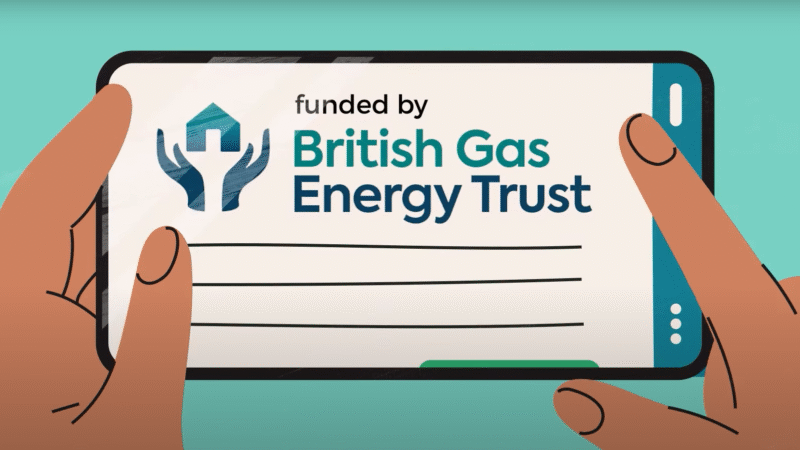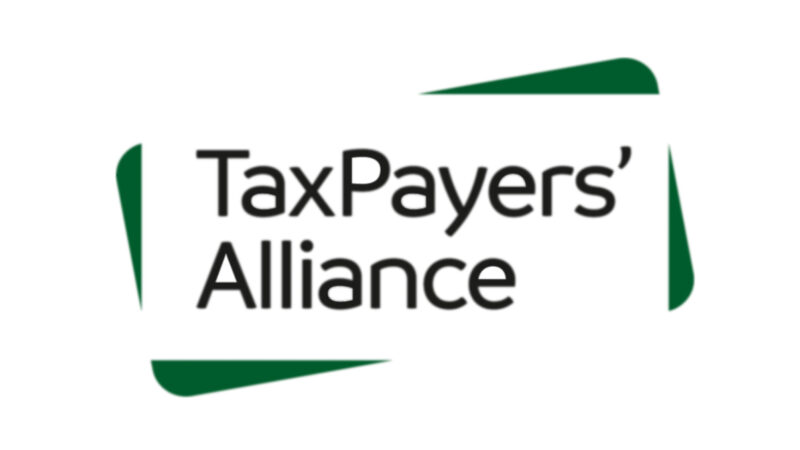Help for your heating: Brits who work from home can claim back tax

As snow falls across the UK, many Brits are realising how working from home has shifted the costs of energy from employers to workers. Energy regulator Ofgem recently announced that the energy price cap will increase to £3,549 per year for dual fuel for an average household from 1 October 2022. In recent weeks, HM Revenue & Customs (HMRC) has closed its phone lines and other online services without further notice following a series of technical issues, leaving Brits with urgent queries about their tax returns in limbo. This has consequently coincided with the busiest period of the tax season, with an estimated 12 million Brits preparing to submit their tax returns ahead of the self-assessment deadline on January 31. With temperatures low and energy prices high, leading tax-refund app, Tommys Tax, has outlined how these changes may affect Brits and how they can claim tax back on the costs related to working at home this winter.
A recent study from Tommys Tax found that 50% of Brits admit that the cost-of-living crisis is severely crippling their personal finances, making them in desperate need for any form of refund in the current climate. According to the Office for National Statistics (ONS), half of the working population was working remotely during the pandemic and 84% of these plan to continue. Recent reports revealed that even with the new price cap, an 8-hour day of working from home is estimated to cost more than £30 a day. The hidden costs of working from home include heating and electricity, as well as other services like broadband connections. Tommys Tax are aware that improving tax literacy could provide taxpayers with the means to access their returns without further delays and help those who are now spending more time at home, following the shift to remote work, cover the increased costs.
Tommys Tax’s latest study also found that over a third of Brits (36%) say that tax is one topic in life they understand the least, while just over a quarter (26%) of the population haven’t even begun to think about their tax bill. However, there are some tax benefits that might help ease some of the costs of remote working. The first port of call is to discuss the cost of working from home with employers, and it is up to their discretion if they want to make payments for additional costs incurred. These payments are tax-exempt, which may encourage some employers to make them.
Tommys Tax also outlines how workers may be able to claim a flat rate tax relief of £6 a week for the cost of energy and remote working costs. Workers are not required to keep receipts for this approach and to claim this, you must be contractually required to work from home, so this only applies if an employer doesn’t have an office. This option means that workers will be able to receive a partial amount back, rather than a full amount from an employer.
Finally, Brits can claim tax relief on the actual costs of remote working. They will have to keep receipts for utility bills, such as gas, electricity and internet, and identify how much was used while working at home. While this approach is more time intensive, it could mean a larger amount is received.
Tommy Mcnally, CEO of Tommys Tax, explains why this is a critical period for Brits to become more educated about the tax process:
“The recent drop in temperatures has highlighted to many that there are lots of hidden costs related to working from home. While it may seem that workers are saving in lieu of not having to commute, they may be paying more than they expect when working from home in the form of gas, heating, electricity, broadband and so on. Here at Tommys Tax, we want to highlight that Brits can claim back tax in relation to nearly all of these costs.
“The issue is that there still is a huge knowledge gap when it comes to taxes, and our proprietary research highlights this. It’s more important than ever to stay well-informed in relation to taxes and what workers can claim back when it comes to their line of work.
“That is why we’re here to help with the entire process for workers across the country. One of the ways we help is by educating customers about the various tax rebates that people are eligible for, but don’t make use of and that is where we’re here to help. Taxes can be boring, confusing and anxiety-inducing, but if done right could make a real difference to people’s lives.”






